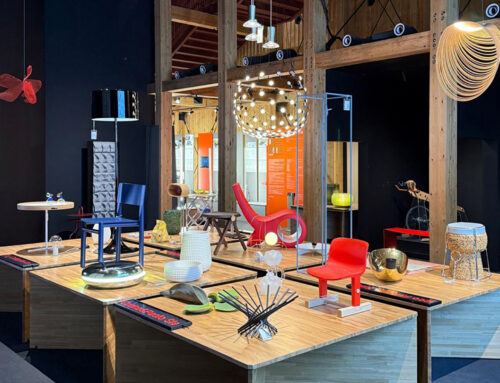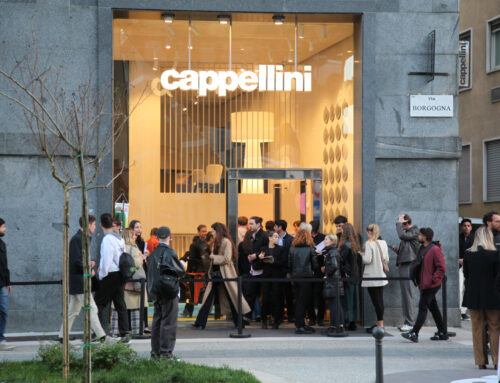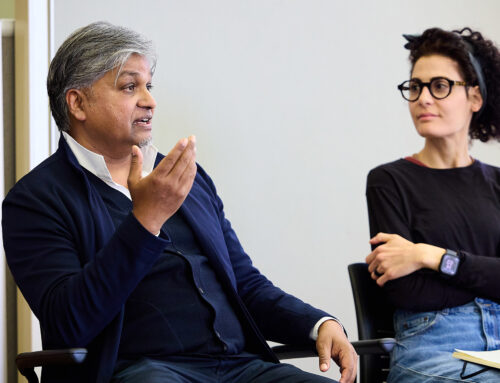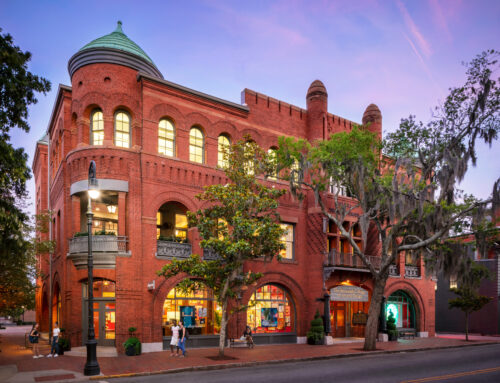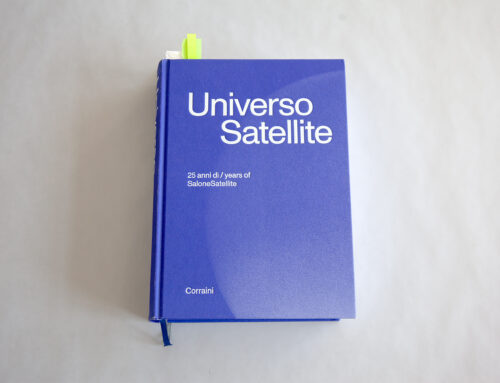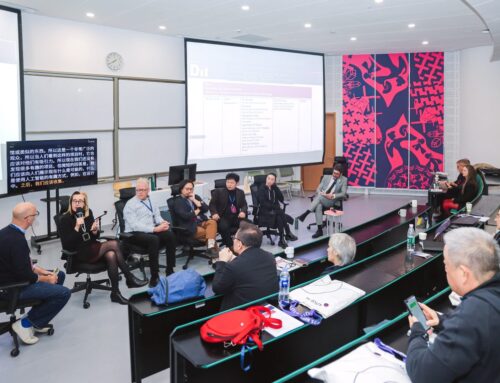Satyendra Pakhalé, Principal designer, SPA, NL and Tiziana Proietti, PhD, Professor, University of Oklahoma, USA present “Social Cohesion as a Planetary Norm” at IDEC 2021 Annual Conference USA on Thursday, 4 March at 12:30 AM – 1:00 AM CET.
Covid-19 pandemic has recently exposed our societies’ faults. Worldwide problems,set aside for too long,emerged on the surface;lost securities and resources, too often taken for granted,brought to a re-evaluation of everyday priorities; andhuman basic needs, largely not considered in their broadest expression, have been challenged.While navigating the new conditions, politicians and public healthexperts have talked about ‘social distancing’. It took not too long time to recognize the misleading meaning of the expression and ask for its replacement with a more appropriate ‘physical distance.’
Human beings are social animals. Social isolation or distancing have been used for centuries as the highest form of punishment. With the current pandemic multiple forms of social isolation and discrimination have been exposed by asking us to solve a ‘millennium pandemic’. While we think that modernity has reached the majority of the countries, the bigger and more desired project for a worldwide ‘social modernity’ is far from being completed.Since its origins, the world of designhas played a seminal role in creating a sense of belonging and instigating positive social change. Indeed, while we tend to think that architecture is created by society, it is relevant, more than ever today, to acknowledge that architecture has, in its turn, the power to shape societies.
At Satyendra Pakhalé Associates daily design practice is a cultural act that is constantly inspired by secular humanism, celebrates the social nature of human beings, acknowledges the world as a unity, and yearns for ‘social modernity.’ Social not in the sense of ‘charitable,’ but rather conducive to ‘social cohesion’ as collective welfare and happiness of our entire ecosystem. Studio projects are designed to encourage people to be together, perform life actions with a sense of belonging, expandout defined boundaries,offer a rich landscape of architectural affordances, and gleanfrom the most basic human social nature. Among several projects, we present here examples particularly significant for the present world challenge.
Meander stool(2007) is a stackable stool designed for intuitive, active use in collaborative spaces. Meander stool evokes a ludic response in users. People pick up the stool from the stacked wall, use it for sitting however they like, and place it back in the stacked conformation.The stacked wall is symbol of social cohesion, manifested by the will of people to explore their way to be together. Meander is a tool for equity and cohesion.
Kid Day Bed (2008) is conceived for day care centers as well as for home use. It has two modular mattresses that can be used on both sides. When the mattress is placed flat, it becomes a bed for afternoon nap or night sleeping. When turned upside down the bed becomes a game board. The everyday functional object is transformed into a playful object for communal growth.
NEKA (2011)– Non Electric Kitchen Appliances – was designed to create an awareness of healthy food preparation that instils an element of self-sufficiency while preserving energy, promoting a sense of slow living, and celebrating human action in daily routines. NEKA is a universal functional and sensorial object that creates social cohesion while asking people to live in the present moment.
It is the responsibility of the designer to create a culturally rich and relevant ‘secular humanistic’design possibility to any given condition and to build a cohesive society for common good.This could be one of those rare opportunities in the history of humanity for creating shall we say a ‘movement of radical transformation’. As the adversities in almost all societies around the world became more evident with current pandemic; it is an opportunity to try and do something unthinkable. We propose to invest on ‘social cohesion’ as a planetary norm. It is high time for social cohesion worldwide and see no borders but just one world, we are all interbeings!
References
Alessi et al. 2019. Satyendra Pakhalé. Culture of Creation. Rotterdam: Nai1010.
Arendt, Hannah, 1958. The Human Condition. Chicago: University of Chicago Press.
Dewey, John. 1916. Democracy and Education. An Introduction to the Philosophy of Education. New York: Macmillan.
Papanek, Victor. 1971. Design for the Real World. Human Ecology and Social Change. New York: Pantheon Books.
Jeffrelot, Christophe Kumar. 2018. Dr. Ambedkar and Democracy. Oxford: Oxford University.
IDEC 2021 Annual Conference
Interior Design Educators Council, Inc. USA
1 – 5 March 2021

